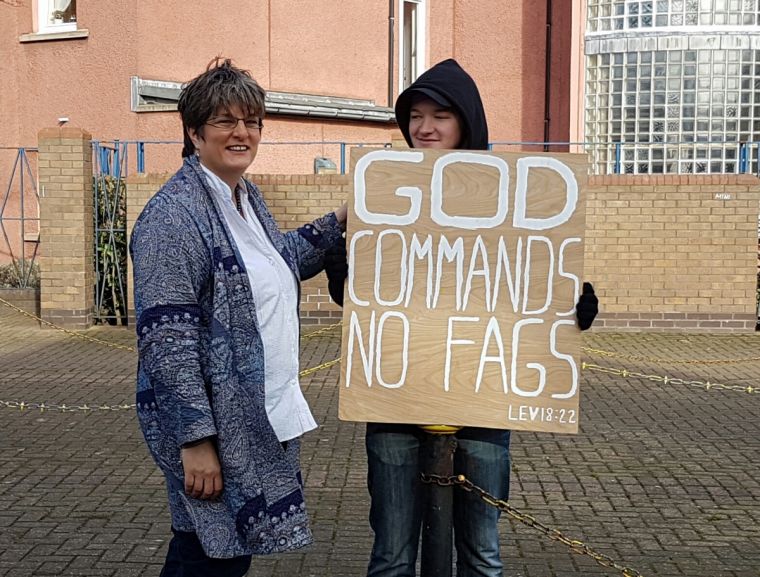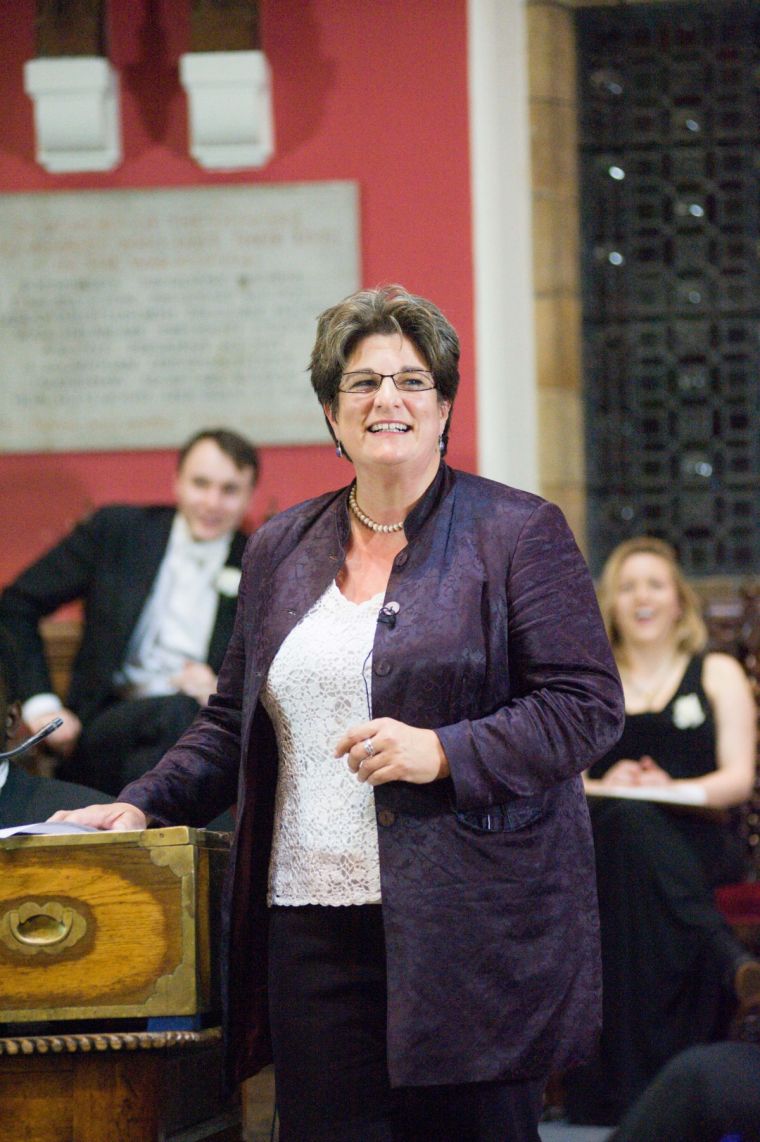Gay Christian activist calls for an end to 'spiritual abuse' and 'conversion therapy'
A leading gay activist in the Church of England is calling for an end to what she describes as 'spiritual abuse'.

Jayne Ozanne, a member of General Synod, says in a paper published by the Royal College of Psychiatrists that there is a need for government regulation to stamp out 'group led spiritual abuse'.
'This is often evident in, but not solely linked to, charismatic churches – and can be anything from a small prayer group to a ministry team to large network churches,' she told Christian Today.
She said there is 'growing concern' that current safeguarding measures are inadequate to protect vulnerable adults and children.
'This issue is particularly pertinent to those who struggle – due to their religious beliefs - with questions of sexual or gender identity. Sadly, these individuals are subjected to the worst forms of spiritual abuse by groups of individuals at the time that they require unconditional support and affirmation. This has the added complication that their once safe place of refuge, their church, becomes a place of turmoil and pain, where those they have trusted are the
source of their abuse,' she writes in the paper. 'The most damaging practice is often the misuse of scripture during times of prayer ministry, where passages are quoted that can make the individual receiving prayer feel that their failure to be healed is due to their sin.'
Ozanne, a former member of the Archbishops' Council, argues that the government's current four-fold definition of abuse, which includes physical, sexual, emotional abuse and neglect, is not wide enough to protect those who – like herself - have been spiritually abused.

In addition Ozanne has a private member's motion to be debated at the General Synod in York next month stating that 'the practice of conversion therapy has no place in the modern world, is unethical, harmful and not supported by evidence.'
The motion states: 'Anyone accessing therapeutic help should be able to do so without fear of judgement or the threat of being pressured to change a fundamental aspect of who they are.'
In a background paper for the synod, she says academic studies show that exclusion, stigma and prejudice may precipitate mental health issues for people subjected to these abuses, 'often sadly perpetrated by religious groups'.
She argues that the concern of health professionals is that conversion therapy for gay people 'assumes the client
has a mental disorder and so starts from a pre-conceived view that they should try to change their sexual orientation – which is a discredited and highly damaging practice.'
'It is now widely accepted, however, that conversion therapy suggests to vulnerable people that their sexuality is the root cause of their difficulties. Many have been misled into believing, often because of religious teaching, that being LGBT is wrong or sinful,' she writes in her background paper.











